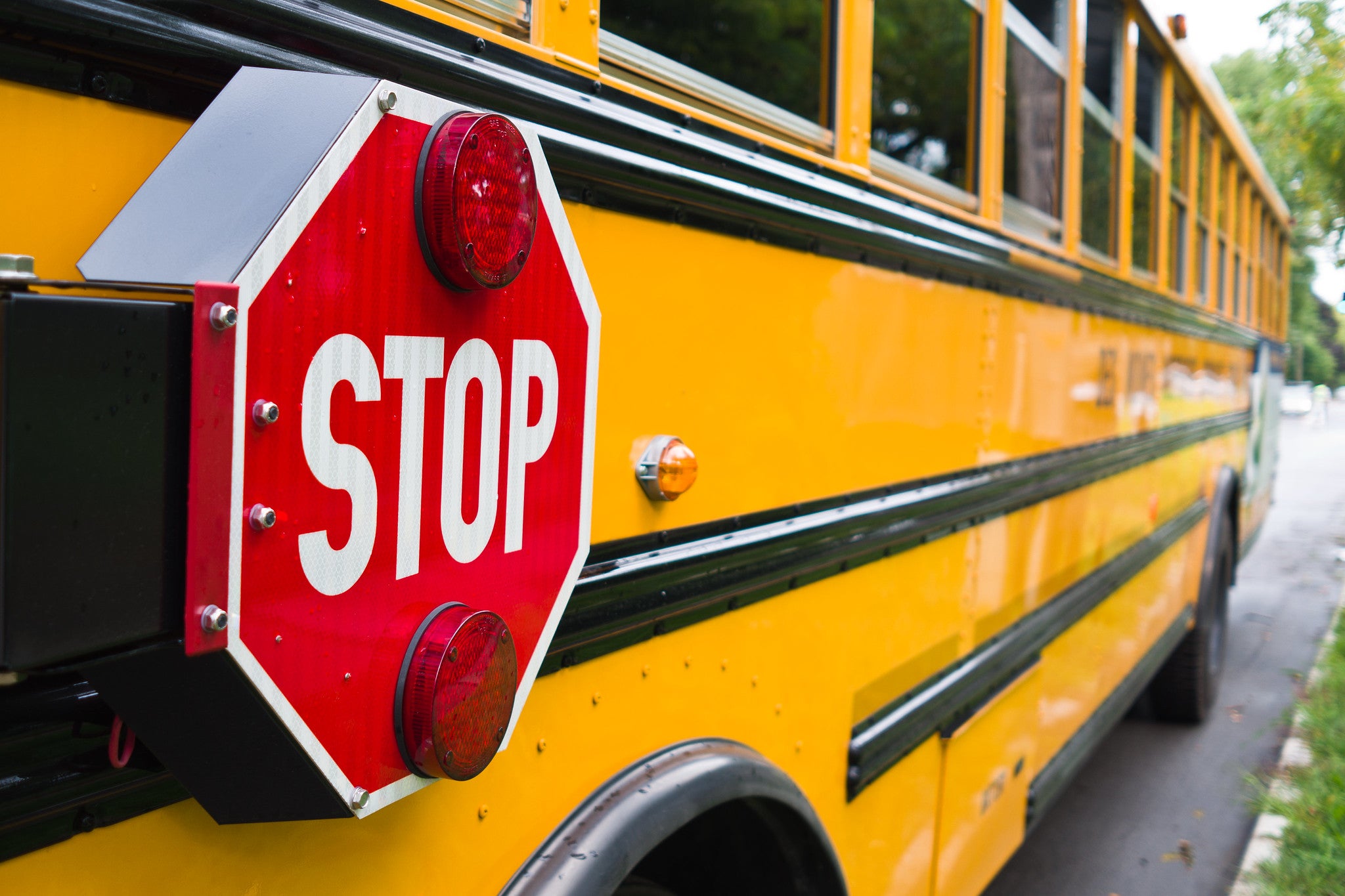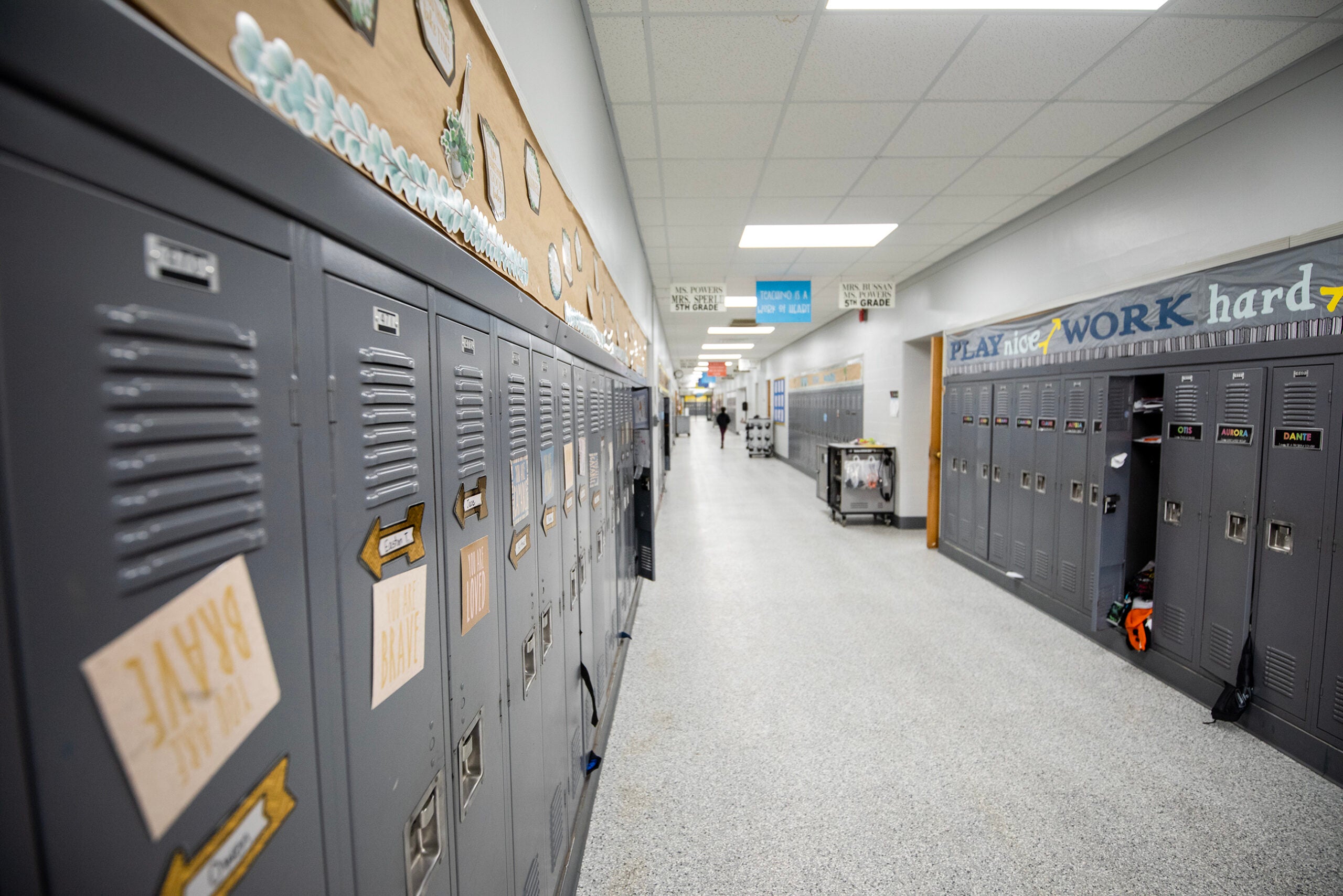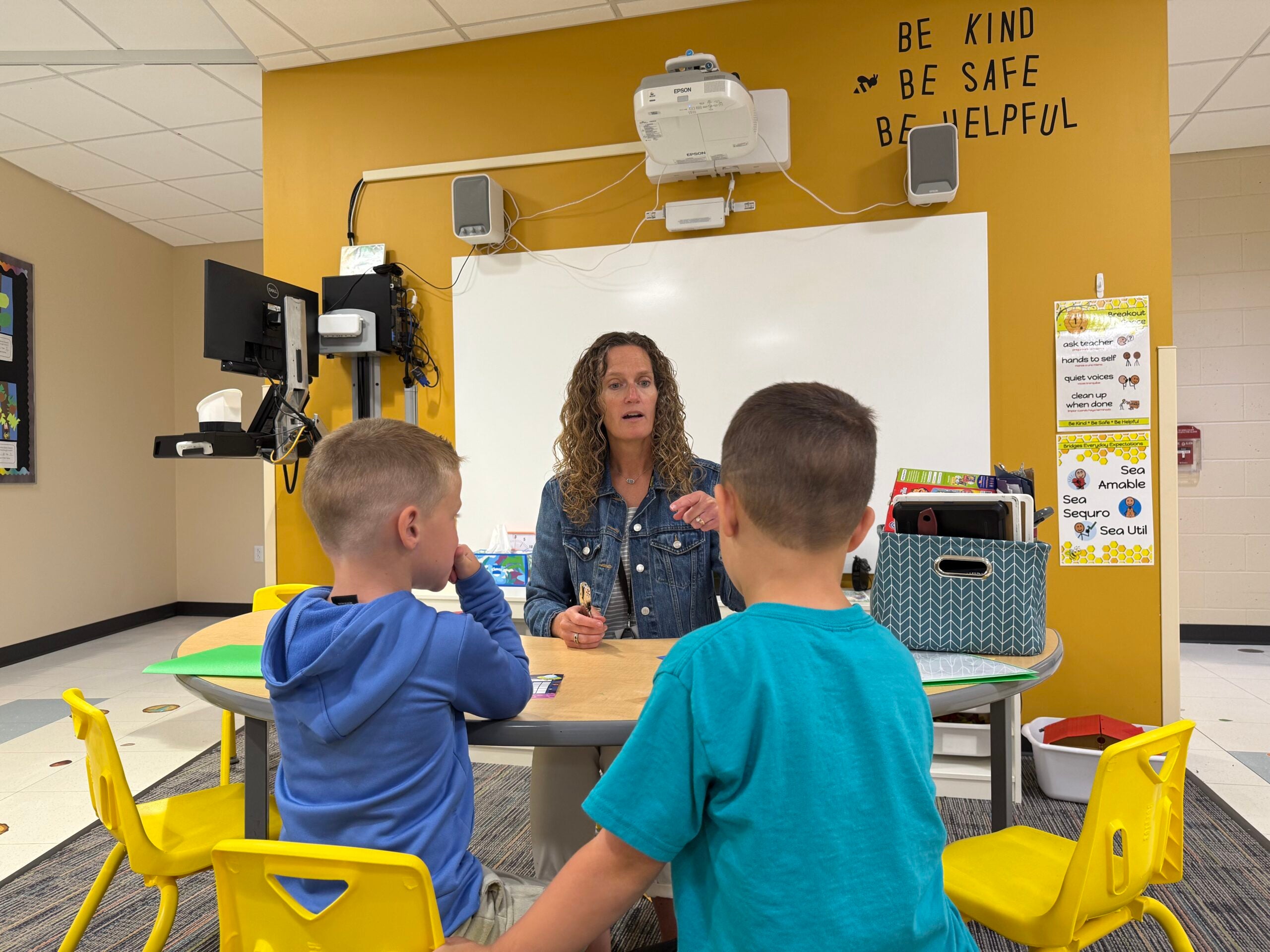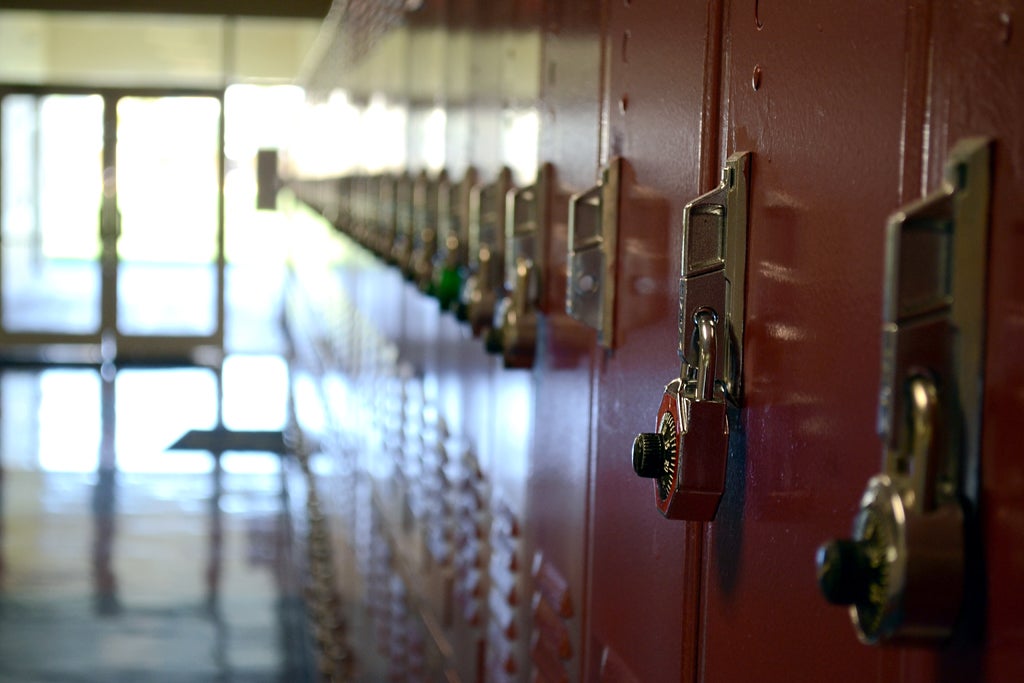Wisconsin’s tourism industry is pushing back against a bill that would let public schools start classes before Sept. 1, telling lawmakers the move would hurt an industry that’s been devastated by COVID-19.
Their opposition comes as advocates for the earlier start — including Gov. Tony Evers — argue schools need the option for extra instruction to make up for learning lost during the pandemic.
Wisconsin’s public schools have been generally banned from starting earlier than Sept. 1 since the 2000-01 school year. The requirement was added to state law during drawn-out negotiations over the 1999 state budget.
News with a little more humanity
WPR’s “Wisconsin Today” newsletter keeps you connected to the state you love without feeling overwhelmed. No paywall. No agenda. No corporate filter.
Schools that want to start classes earlier can apply for a waiver from the state Department of Public Instruction, a step a handful of districts have taken already.
But by default, public schools start in September, the idea being that this preserves steady business for Wisconsin’s tourism destinations throughout the busy month of August. At a public hearing Wednesday, several representatives of tourism businesses called on lawmakers to leave the law alone.
“It is millions of dollars more in revenue generated in August than in June because the weather is better,” said Pam Seidl, executive director of the Fox Cities Convention & Visitors Bureau. “Most of our tourism industry will tell you those August dates with the warmer weather, warmer water are higher demand than the June dates.”
Joe Klimczak, general manager at Cave of the Mounds in western Dane County, said the plan would hurt an industry that’s already struggling.
“This past year has been devastating far beyond anything we have experienced before,” Klimczak testified Wednesday. “The effect of this bill would be to cut two of the most important weeks of our summer season.”
While the circumstances are different this year because of COVID-19, it’s not the first time someone has tried to repeal the Sept. 1 requirement. Previous attempts have gone nowhere.
The measure’s sponsor, Sen. Alberta Darling, R-River Hills, said she understood the concern of the tourism industry.
“We’re not saying tourism isn’t important,” Darling testified. “It’s extremely important to our state. But what we’re saying is local school districts should have the authority to start school when they think it’s in the best interest.”
Also backing the change at Wednesday’s hearing was Lauri Asbury, the vice president of the Neenah School District who ran as a Republican for the Wisconsin Assembly last year.
“What better time than now?” Asbury asked lawmakers. “We have suffered incredible learning loss, and this could be a great opportunity for districts to make the decision about what’s best for their communities to make up for the learning loss.”
While the bill has been pitched in part as a way to help students recover from the pandemic, it would not take effect until the 2022-23 school year.
Several education groups have reported lobbying in favor of the plan, including the Wisconsin Association of School Board and the Wisconsin Education Association Council.
In addition to a long list of tourism groups, some business organizations have also lobbied against the plan, including the National Federation of Independent Businesses and the Wisconsin Restaurant Association.
Wisconsin Public Radio, © Copyright 2025, Board of Regents of the University of Wisconsin System and Wisconsin Educational Communications Board.







